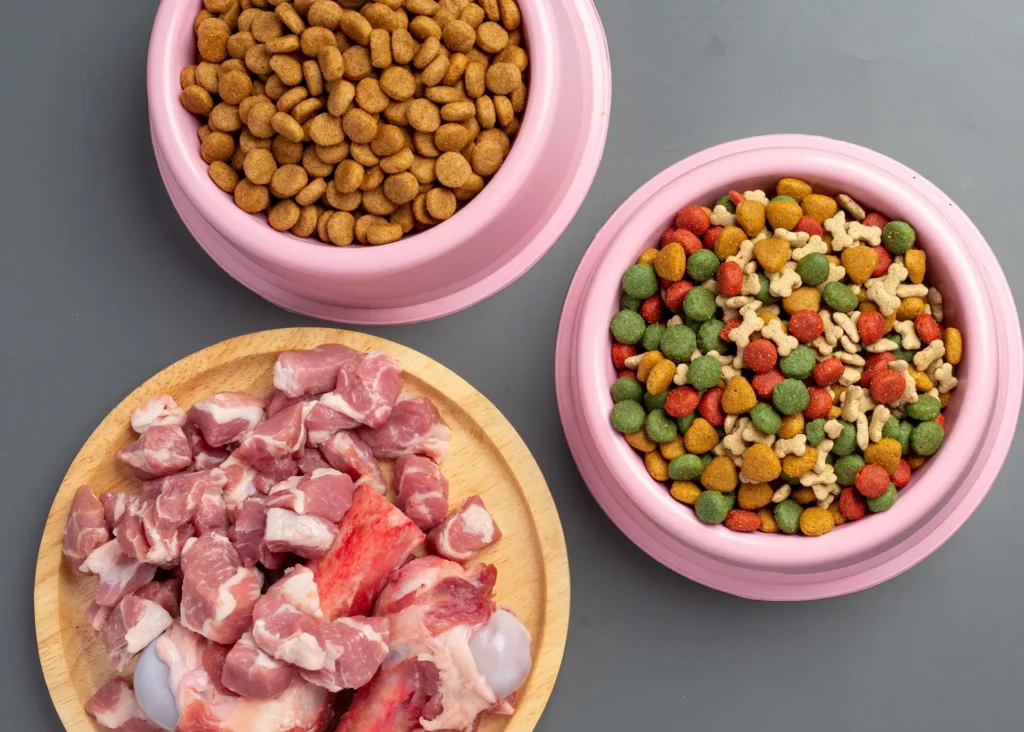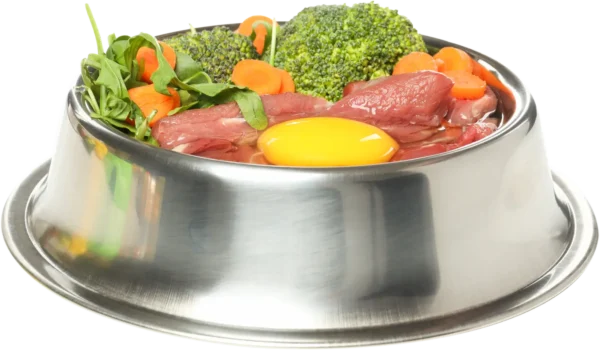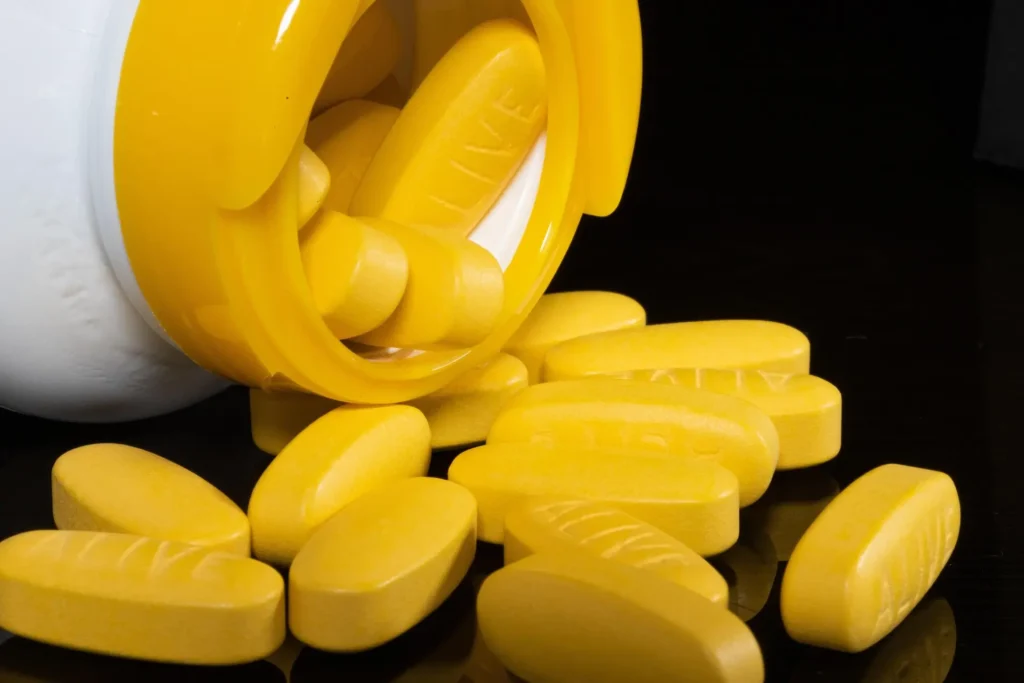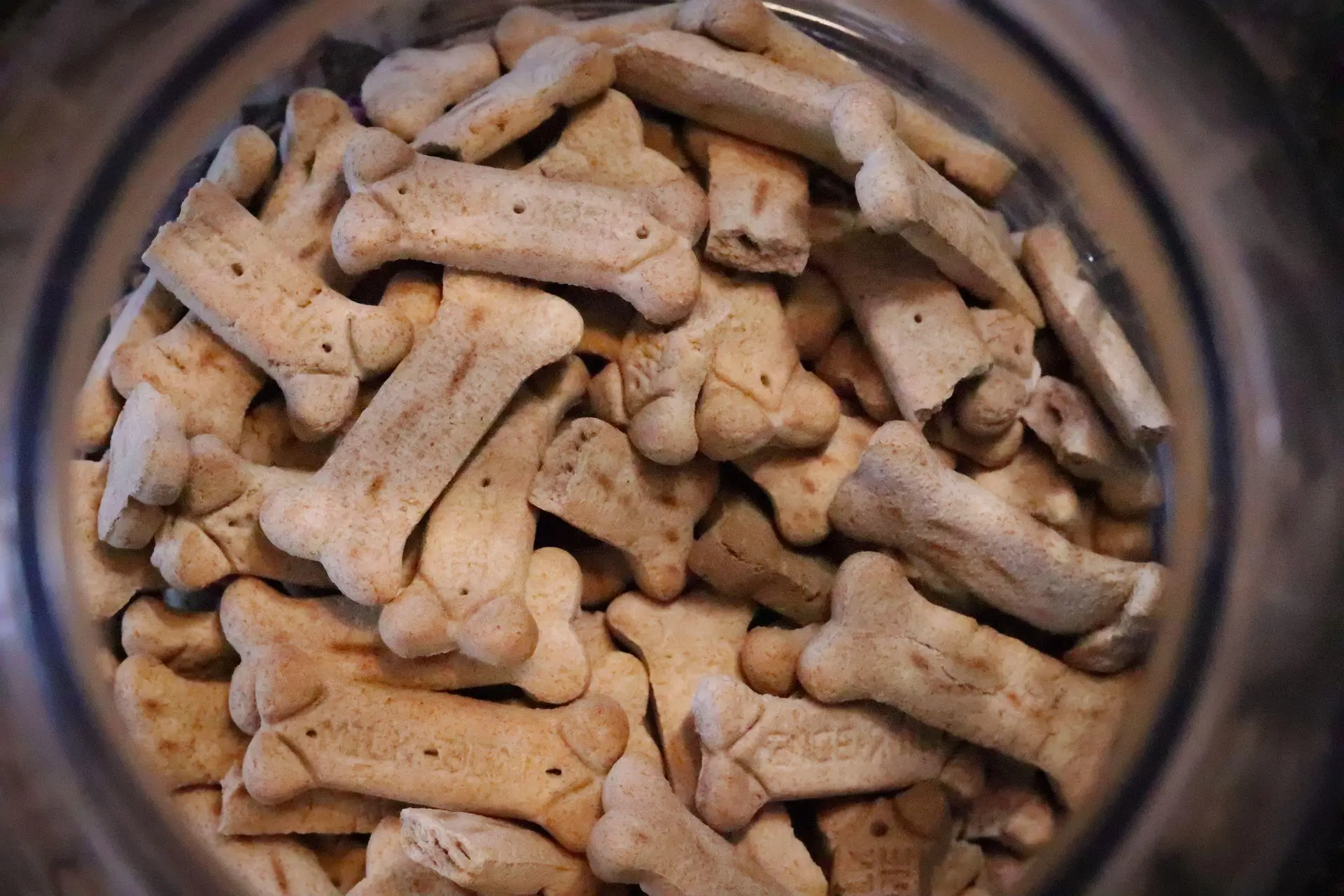Small in size but big in personality, the Maltese dog’s health hinges on a carefully balanced diet tailored to their unique needs. Feeding your Maltese the right foods ensures they stay lively, happy, and maintain their beautiful, silky coat. Discover the secrets to crafting a nourishing meal plan that will keep your little companion thriving for years to come.
Dietary Needs of Maltese Dogs

The Maltese is a delicate yet spirited toy breed, requiring a diet that supports their high energy, small stature, and distinct metabolism. Protein is the cornerstone of their nutrition, ideally making up about 22% of their diet to build and maintain lean muscle. Fat is essential too, providing around 10% of their caloric needs to fuel their active nature and promote a glossy coat. Carbohydrates supply necessary energy but should be moderate, focusing on quality sources instead of fillers. Fiber helps maintain healthy digestion, an important aspect given their sensitive systems.
Puppies have even more demanding nutritional requirements, needing protein levels between 22–32% and fat ranging from 10–25%, alongside adequate fiber to support their rapid growth and development. Proper portion control is critical at this stage to avoid overfeeding small stomachs while fulfilling their caloric needs.
Choosing the Best Food for Your Maltese
Opt for meals rich in high-quality animal proteins such as chicken, turkey, lamb, or fish, which deliver essential amino acids crucial for muscle maintenance and overall vitality. Avoid foods with excessive fillers or by-products, which dilute nutritional value and could upset your Maltese’s digestion.
Grain-free diets, if chosen, should still include traditional meats instead of exotic ingredients to minimize allergy risks. Look for dog food formulas tailored specifically for small or toy breeds, as these account for their bite size and energy needs. Many premium brands focus on nutrient density, allowing smaller portion sizes with maximal nutritional benefit.
How Much to Feed Your Maltese
Given their tiny size, Maltese dogs require surprisingly small amounts of food daily. Caloric needs depend on their age, weight, and activity level:
- Puppies need approximately 55 calories per pound of body weight per day to support growth.
- Adult Maltese generally require around 45 calories per pound per day.
- More active dogs might need up to 20% more calories, while sedentary dogs or seniors require fewer.
Typical serving sizes can range from 1/4 cup to 3/4 cup per day, divided into multiple small meals to prevent hypoglycemia—a common concern in toy breeds. Feeding four times daily for puppies and at least twice daily for adults helps maintain stable energy levels.
Importance of Balanced Nutrients
Beyond protein and fat, a Maltese’s diet should incorporate essential vitamins and minerals to support immune health, bone strength, and overall wellness. Fatty acids like omega-3 and omega-6, found in fish oils and flaxseed, are vital for skin health and the breed’s signature silky coat.
Inclusion of antioxidants, such as vitamins C and E, can help combat cellular damage and promote longevity. Fiber sources like pumpkin or sweet potato aid digestion and prevent constipation, keeping your dog comfortable and regular.
What to Avoid in Your Maltese’s Diet
While it might be tempting to share your own food or treats, many human items can be harmful to Maltese dogs, including chocolate, onions, garlic, grapes, and artificial sweeteners like xylitol. Excessive dairy and fatty foods may cause gastrointestinal upset, while too many treats can lead to obesity.
Avoid overfeeding or feeding a single type of food exclusively without variety, as this can result in nutrient imbalances over time. Also steer clear of diets high in fillers like corn and soy, which add calories with little nutritional benefit.
Home-Cooked and Raw Diet Options

Some Maltese owners prefer home-cooked or raw diets to have greater control over ingredients and freshness. These diets often feature a mix of lean meats, vegetables, grains, and supplements to mimic a balanced meal. If considering this approach, ensure the diet is properly formulated to avoid deficiencies or excesses.
Raw feeding requires careful handling to prevent contamination and nutritional imbalance. Consultation with a canine nutritionist or veterinarian is essential prior to starting a specialized diet to meet the Maltese’s unique needs safely and effectively.
Meal Timing and Feeding Schedule
Because of their small size and high metabolism, Maltese dogs benefit from multiple small meals throughout the day rather than one or two large ones. Puppies especially thrive on four evenly spaced meals, which help regulate their blood sugar and energy.
Adult Maltese can be fed two to three meals daily. Establishing a consistent schedule helps maintain digestive health and prevents begging behavior. Avoid free feeding (leaving food out all day) to control portion sizes and prevent overeating.
Signs of Dietary Issues to Watch For
A healthy Maltese should have a shiny coat, bright eyes, steady weight, and consistent energy. Watch for signs of dietary problems, including:
- Excessive scratching or dry skin, which may indicate fatty acid deficiency.
- Diarrhea or constipation, signaling possible food intolerance or fiber imbalance.
- Weight fluctuations, either loss or gain, that suggest over- or underfeeding.
- Lethargy or hyperactivity, which may be linked to nutritional inadequacies.
If any of these symptoms persist, consult your veterinarian to reassess dietary plans or test for allergies and health conditions.
Supplements for Maltese Dogs

Generally, if you provide a high-quality, balanced diet, additional supplements are unnecessary. However, some owners add omega fatty acids for skin and coat health or joint supplements like glucosamine for older dogs. Always consult your veterinarian before introducing supplements to avoid overdosing or interactions.
Conclusion: Keeping Your Maltese Healthy Through Diet
Feeding your Maltese dog a diet that balances quality proteins, fats, carbohydrates, vitamins, and minerals is essential for their health and happiness. Pay close attention to portion sizes, meal frequency, and the quality of ingredients to ensure your furry friend thrives. By tailoring their nutrition to their unique needs, you support not only their vibrant coat and boundless energy but also a long, joyful life together.

Leave a Reply